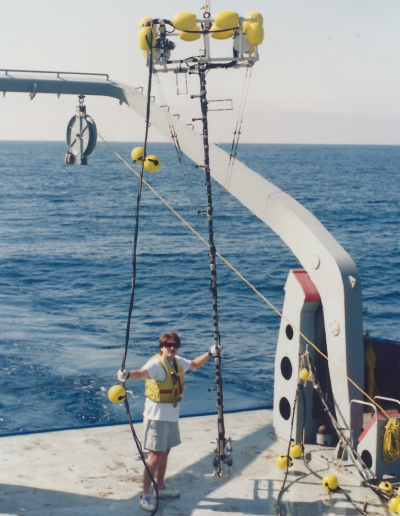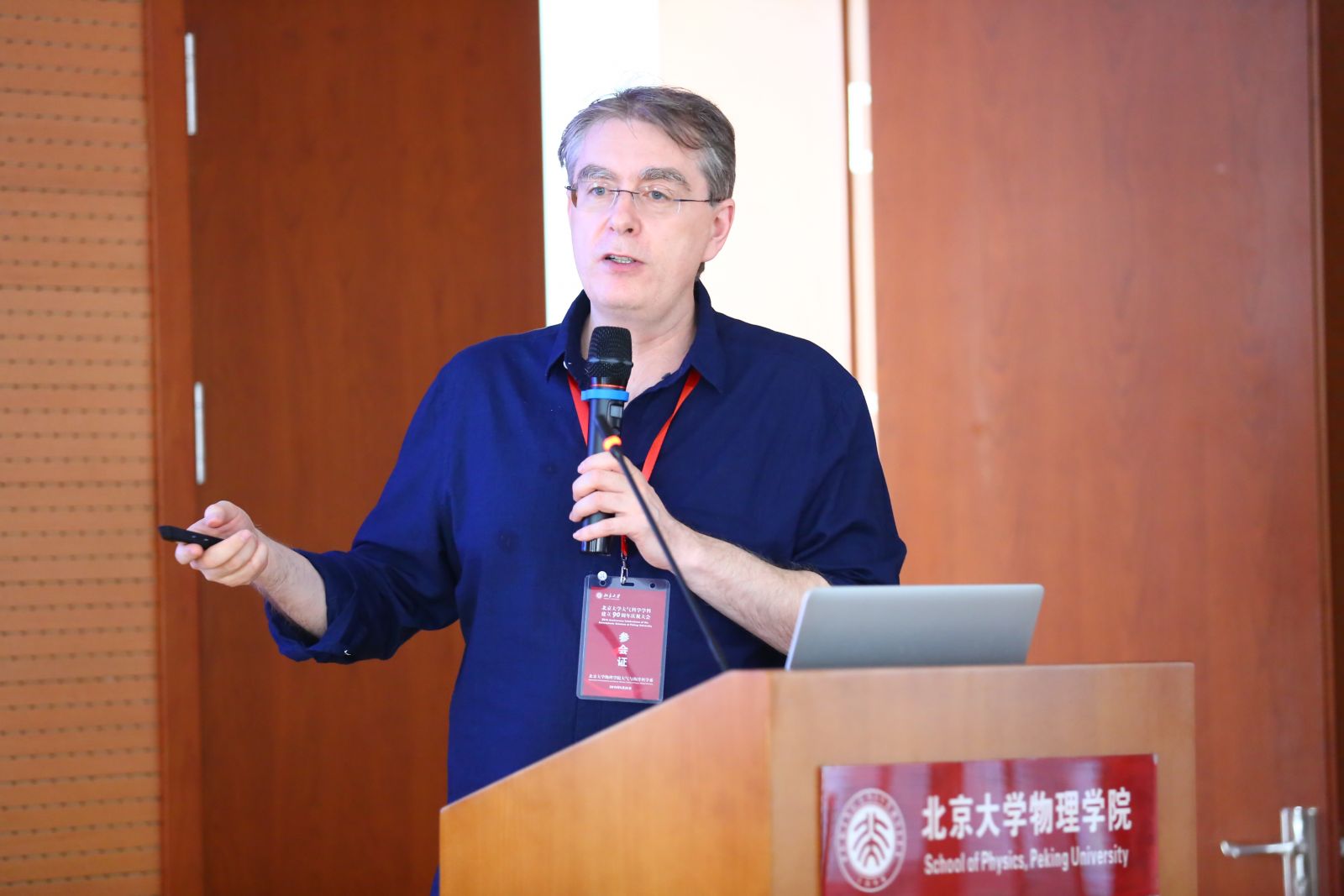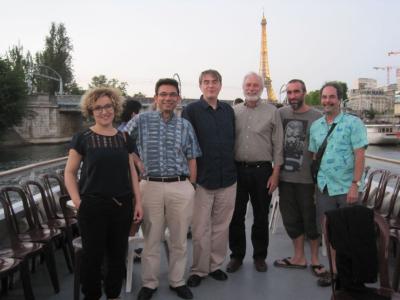Alexey Fedorov
210 Whitney Ave, New Haven CT 06511
.
I received my PhD at Scripps Institution of Oceanography, University of California San Diego. After graduation I worked at Princeton University and GFDL (Geophysical Fluid Dynamics Lab) as a postdoctoral researcher and then a research scientist. At Yale, I lead Ocean, Atmosphere and Climate Modeling group in the Department of Earth and Planetary Sciences. I am also a Senior Visiting Scientist in the Laboratoire D’Oceanographie Et Du Climat Experimentations Et Approches Numeriques (LOCEAN) at the Sorbonne University.
Over the years, I was awarded the Packard Fellowship in Science and Engineering (2007-2014) to investigate the effect of climate change on El Nino and the Guggenheim Fellowship (2018) to study ocean circulation in warm climates. I am also a recipient of the Presidential Climate Change Research Award (2019-2025), under the “Make our planet great again” program initiated by French President Emmanuel Macron.
My work advances our understanding of ocean, atmospheric, and climate dynamics in the contexts of contemporary global warming and past climate changes. I am particularly interested in oceanic and atmospheric general circulation, ocean-atmosphere interactions, the ocean’s role in climate, and climate variability across a broad range of time scales. Several examples are below:
Tropical climate dynamics, including El Niño, the atmospheric Walker circulation, the Intertropical Convergence Zone (ITCZ), the Madden-Julian oscillation, tropical cyclones, tropical clouds and global warming, equatorial currents, patterns of climate change in the tropical Pacific, Indian Ocean warming, tropical basin interconnections.
Atlantic climate and the Atlantic meridional overturning circulation (AMOC) including AMOC stability and response to global warming; AMOC impacts; Indian Ocean-North Atlantic links; abrupt climate changes; decadal and longer climate variability.
Arctic climate, including Arctic amplification; Arctic-North Atlantic links;
Anthropogenic climate change and climate sensitivity, warm climates of the past (e.g. Pliocene), and many other problems of climate dynamics.
These problems intertwine several disciplines, such as physical oceanography, geophysical fluid dynamics, atmospheric sciences, paleoclimate, and numerical modeling. I use a hierarchy of approaches, including simulations with state-of-the-art oceanic, atmospheric, or climate models (GCMs), advanced theoretical methods, analysis of observations, toy models, and more recently, AI methods. The ultimate goal is to understand the physical processes that control climate dynamics and to improve climate prediction.
Celebrating with my research group, circa 2020:
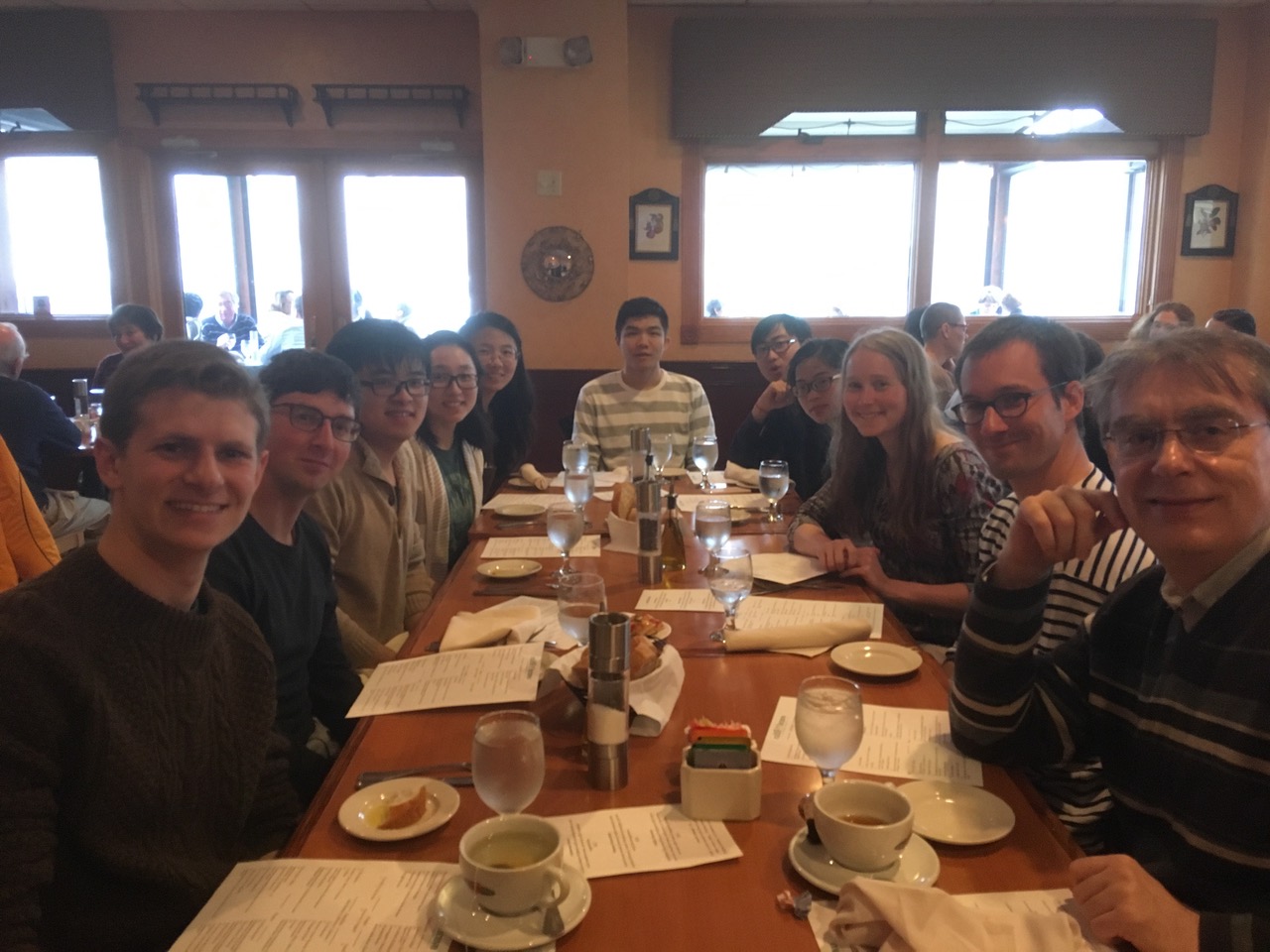
Giving a talk at Peking University:
At a Packard Fellows annual meeting:
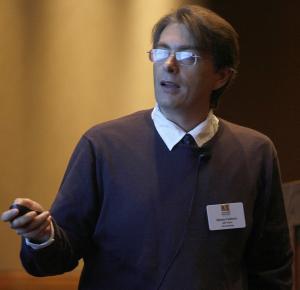
In Paris during a CLIVAR El Nino workshop in 2015:
Using geology to motivate climate modeling:
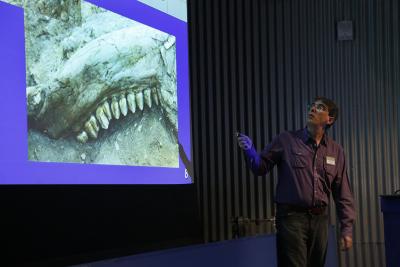
Doing field work as a PhD student, circa 1997:
